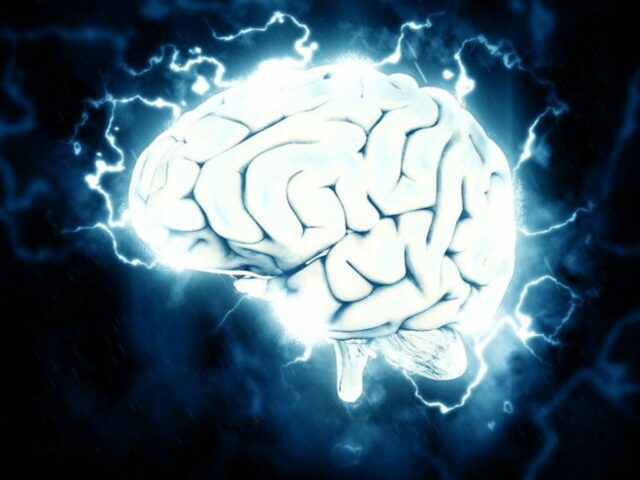Psychedelic drugs are a rapidly growing area of clinical and neuroscientific research, which may yield much-needed new therapies for disorders such as depression and schizophrenia. However, much remains to be learned about how these pharmacological agents alter states of consciousness.
In the world’s largest study of psychedelics and the brain, a team of researchers from Neuro (Montreal Neurological Institute-Hospital de Montreal) and the Department of Biomedical Engineering at McGill University, the Broad Institute at Harvard/MIT, the University of SUNY Downstate Health Sciences and the Mila – Institute of Artificial Intelligence of Quebec (Canada) has shown how drug-induced changes in subjective consciousness are anatomically rooted in specific neurotransmitter receptor systems, as published in the journal ‘Science Advance’.
The researchers gathered 6,850 testimonials from people who took a series of 27 different psychedelic drugs. In an unprecedented approach, they devised a machine learning strategy to extract the most frequently used words from testimonials and link them to the neurotransmitter receptors that likely induced them.
The interdisciplinary team was then able to associate subjective experiences with the brain regions in which the receptor combinations are most often found, which turned out to be the lowest and some of the deepest layers of the brain’s information-processing layers.
Using thousands of gene transcription probes, the team created a 3D map of brain receptors and the subjective experiences linked to them, throughout the brain. Although the psychedelic experience is known to vary greatly from person to person, the large set of testimonial data allowed the team to characterize coherent states of conscious experiences with receptors and brain regions across individuals. This supports the theory that new hallucinogenic drug compounds can be designed to reliably create desired mental states.

For example, a promising effect of some psychedelics for psychiatric intervention is the dissolution of the ego, that is, the feeling of detachment from the self. The study found that this sensation was most associated with the serotonin 5-HT2A receptor.
However, other serotonin receptors (5-HT2C, 5-HT1A, 5-HT2B), the adrenergic receptors Alpha-2A and Beta-2, as well as the D2 receptor were also related to the sensation of ego dissolution. A drug targeting these receptors might be able to reliably create this sensation in patients who doctors say might benefit from it.
“Hallucinogenic drugs may very well become the next big thing in improving clinical care of major mental health conditions,” says Professor DaniloBzdok, lead author of the study. “Our study provides a first step, proof of principle that we may be able to build machine learning systems in the future that can accurately predict which combinations of neurotransmitter receptors need to be stimulated to induce a specific state of conscious experience in a given person.”


